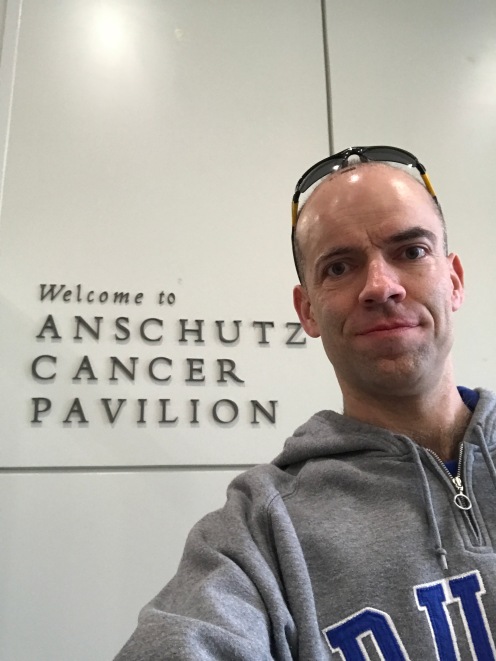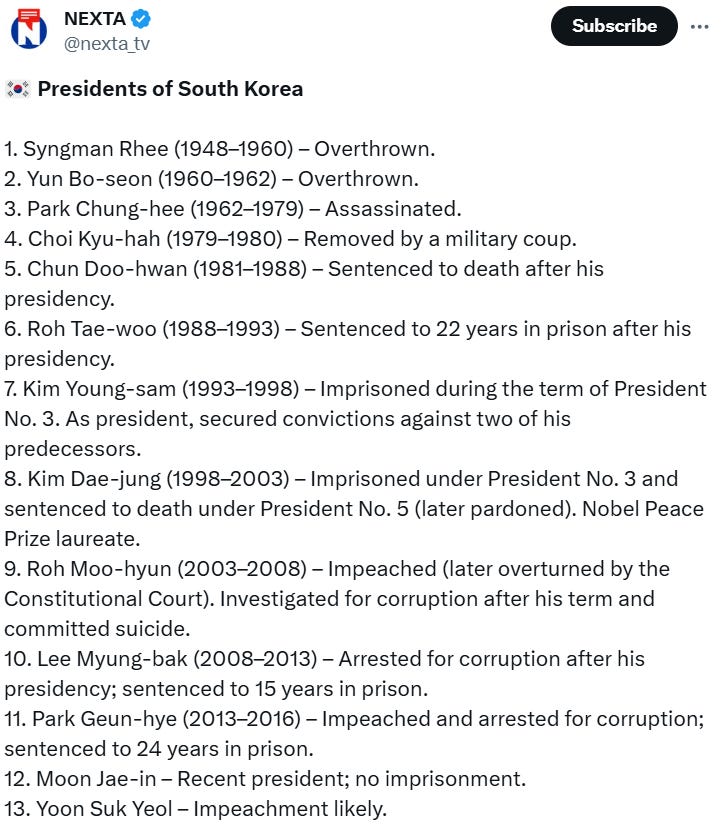Well, we have have safely returned to Colorado, and we made it home in time for Christmas! It was a mixed blessing, with lots of fun (and a few presents) for our little one and a beautiful new layer...

Well, we have have safely returned to Colorado, and we made it home in time for Christmas! It was a mixed blessing, with lots of fun (and a few presents) for our little one and a beautiful new layer of snow in the morning, but very few decorations and no tree. Still, the greatest blessing was being home, and being (mostly) healthy.
Last week I had the staples removed by my regular doc/PA at the base, and put all the necessary paperwork in for the referral to the University of Colorado Cancer Center in Aurora, just south of Denver. The first of those appointments was last Thursday, where I met with the “Nurse Navigator” (which has to be the coolest job title ever). The oncology nurse did a complete case history review, copied all the records I brought, and looked at the recommendation from Dr. Chu at Cedars-Sinai. Dr. Chu recommended a “radiation boost,” followed by some kind of chemotherapy. This could be temozolomide (temodar), Avastin, or one of the newer therapies like Opdivo or Optune (click the links for more details). The nurse at UCCC seemed to agree, but it will ultimately be up to the doctor to decide. I see the actual neuro-oncologist (Dr.Douglas Ney) on Tuesday the 17th, along with several other members of the multi-disciplinary team.
We also met with an oncology dietitian yesterday (Saturday). This is a registered dietician who has spent at least 2,000 additional hours working specifically with cancer patients, and passed a comprehensive examination covering cancer care. Most of these dietitians work with cancer patients who are going through active treatment (chemo and/or radiation), working to help them maintain a healthy weight, find foods that they can tolerate without getting sick, and so forth. However, some — including the one we met with, from Nutrition Foundations — also work with survivors who are trying to prepare their bodies to fight cancer. She helped us work through a mountain of research (mostly done by Angie) about how diet and nutrition can help fight (and even eliminate) cancer. The end result is that for now, and until I complete radiation, I am on a strict ketogenic diet. That is a long, long discussion, but the bottom line is a very low-carb diet that is high in fats and protein, which will eventually help “starve” the tumor of the fuel they need to grow. It’s far from proven, but the evidence is gathering, and approaching the point of being what I would call conclusive. There are studies like this one from the National Institutes of Health, as well as many individual stories like this one where a ketogenic diet has helped a patient fight cancer, or has even been shown to reduce tumor size or slow tumor growth. Probably the best overall article I’ve found on the topic is here, which provides a good (though scholarly) overview of the evidence to date and how the diet actually affects cancer.
So, that’s where we stand. No more potatoes or bread or pasta for me, and both Angie and I face a steep learning curve when it comes to everything — meal planning, shopping, cooking, eating out, snacking, and how this affects other areas of our lifestyle (fitness) and Ellie. At the end of the day, if it helps (and the evidence is almost conclusive that it does), it’s worth a try. I’ll see the neuro-oncologist on Tuesday, and hopefully have more to report. Until then, bring on the avocados!









